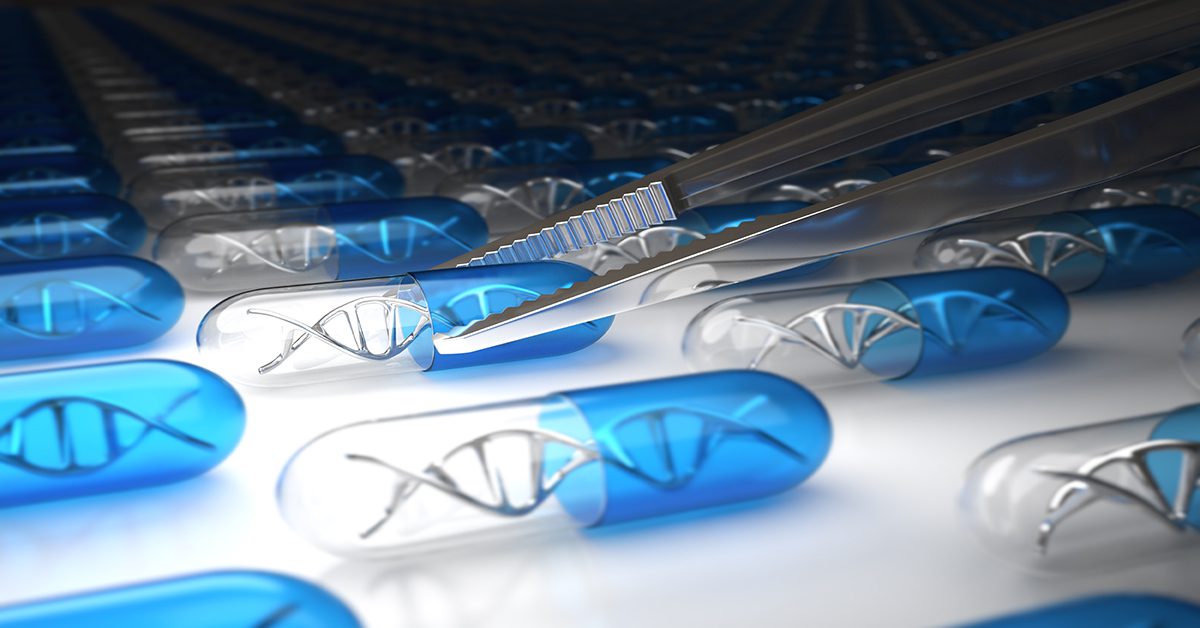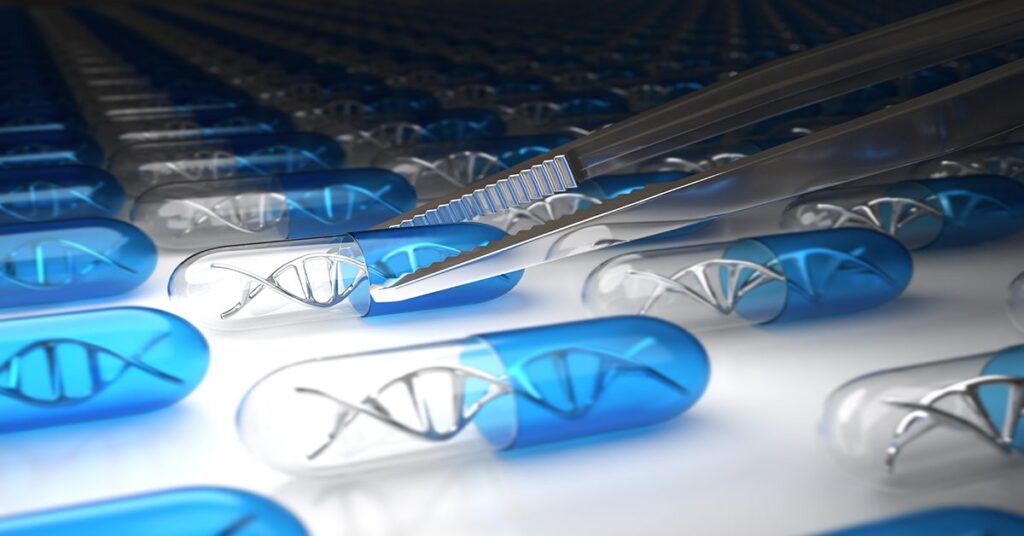Biology of Addiction
If you or a loved one have an addiction to drugs, alcohol or other, believe it or not their is a biology to your addiction and we can help.
We may have come across several articles and journals on addiction, specifically an individual’s rehabilitation for safe recovery. We have read about how those with addiction find it practically impossible to control their cravings, frequently taking copious amounts of alcohol, drugs, or other substances. Some chemically dependent individuals may even go ahead and put their health, family, and jobs on the line for their cravings. But what exactly makes it so? Why is addiction seemingly tricky to break, and why do relapses occur even during recovery?

The Concept of Addiction
It may help first understand what addiction is and get a good grasp of how it affects people. The primary thing to note is that addiction is a disease. It is not some moral or choice problem as many so wrongly believe. People erroneously assume they can quit whenever they want if they decide to or may be viewed by others as lacking moral principles. Addiction is much more than that – it is a complex brain disease that is disruptive and may be long-lasting.
What is the Biology of Addiction?
In good condition, the brain has a scheme called the reward system. For example, when you exercise, finish an assignment, or hang out with friends, some circuits in the brain are activated, making you feel good. Specific chemicals like serotonin and dopamine, which help modulate feelings of happiness and pleasure-motivation, respectively, are released. Thus, you are encouraged to repeat those behaviors because of how you felt.
Another area of the brain, the frontal regions, is known for impulse control and memory. So, when you want to perform any questionable activity, such as shopping for things you cannot afford or eating junk food, this brain area helps you decide if the consequences are worth the actions.
More About of the Biology of Addiction?
In substance abuse, this frontal area of the brain and the reward system is greatly shaken up. In addition, substances like alcohol, cocaine, or opioids hijack the reward system by inducing the “happy chemicals” release. Therefore, the individual feels euphoria while taking them, with a resultant side-effect of negative feelings of depression or anxiety.
Consequently, such individuals feel compelled to consume more of the substance to escape these negative feelings, sometimes even more than they would to feel good. Unfortunately, the repeated use of alcohol and drugs significantly impairs the decision-making center of the brain’s frontal regions. The effect is that the individual hardly realizes the danger of using the addictive substances and becomes unable to decide to stop taking them.
What Can Addiction Treatment Do?
Rehabilitation for chemical dependence is useful for many reasons. First, the abstinence culture it teaches weakens the sway of drugs or alcohol on the mind. Then, as the brain gradually heals, the reward system is reset for proper behavior instead of the undue influence of addictive substances. Also, as the frontal regions of the brain recover, the individual can once again make worthy decisions for their lives.
Contact Evoke Waltham today if you want to book comprehensive rehab care to move from dependence to sobriety. A recovery advocate will provide every necessary information you need to see you begin the journey to wellness and living sober.


